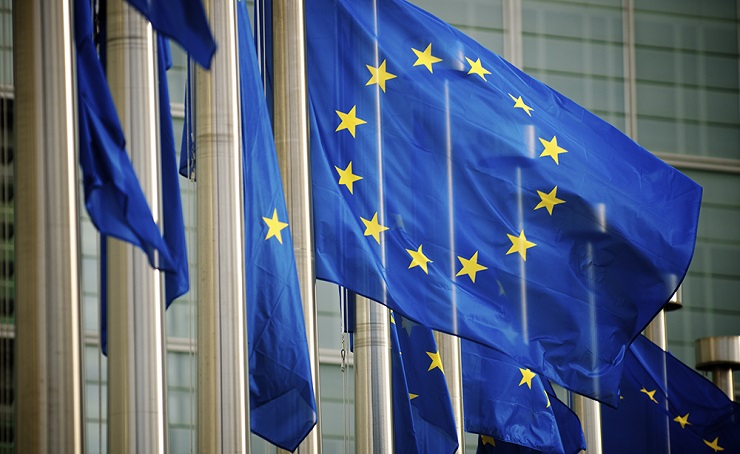European Union formally adopts unexplained wealth seizure Directive

Directive 23/12/12 sets out EU-wide minimum rules on the tracing, identification, freezing, confiscation and management of criminal property in connection with a wide range of crimes, including violation of sanctions.
Member States will need to enable the freezing of property and the confiscation of instrumentalities and proceeds stemming from a criminal offence, where a conviction is obtained. They will also have to have powers to confiscate property of a value corresponding to the proceeds of a crime, even if the assets or property of equal value are transferred to a third party. They will, however, have to prove that the third party knew or should have known that the purpose of the transfer or acquisition was to avoid confiscation.
Asset management offices will be designated by Member States and will manage frozen or confiscated property directly or will provide support to other competent bodies. The new law also provides for the sale of frozen property under certain conditions.
Member States must also enable the freezing of property and confiscation of any property up to a value equal to the proceeds of a suspected crime, either from the alleged perpetrator or a third party. Property can mean anything from legal documents or instruments evidencing title or interest, including financial instruments and crypto-assets, to documents found in the possession of the target individual or trust.
The Directive also grants the power for governments to freeze and confiscate an individual's unexplained wealth without having to secure a criminal conviction. This was the subject of intense debate when the Directive was being negotiated, and a compromise was reached under which the authorities will have to show that the property is linked to organised crime, generates substantial economic benefit and the associated offence would attract a jail term of at least four years.
The confiscation proceedings will have to show that the value of the property is 'substantially disproportionate' to the lawful income of its owner and that the person has no plausible legal source of ownership. Specific offences need not be proved, but there must be sufficient facts and circumstances 'for the court to be satisfied that the property in question is derived from criminal offences'. The affected person will also be granted 'the effective possibility' to challenge freezing, confiscation and interlocutory sales orders.
The EU Directive will enter into force 20 days after being gazetted and Member States will then have 30 months to transpose its provisions into national legislation.
Sources
The content displayed here is subject to our disclaimer. Read more


Connect with us